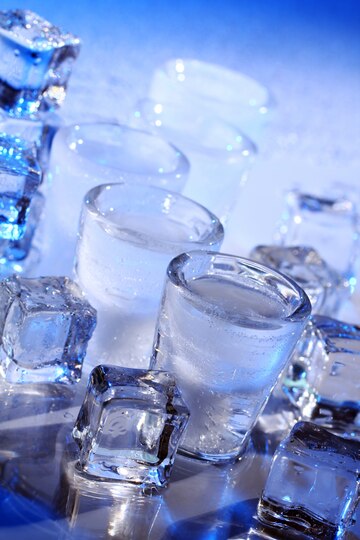Vodka, with its clear appearance and versatile nature, is one of the most popular spirits worldwide. While many enjoy it in cocktails or as a shot, there’s much more to this distilled beverage than meets the eye. Here are ten essential things you should know about vodka:
- Historical Origins: Vodka’s exact origins are debated, with both Russia and Poland claiming its invention. Historically, it was initially produced for medicinal purposes before evolving into the beloved spirit we know today.
- Ingredients: Traditional vodka is made from fermented grains such as wheat, rye, or barley. However, modern variations can also be distilled from potatoes, corn, or even grapes, each contributing unique flavors and characteristics.
- Distillation Process: Vodka is typically distilled multiple times to achieve its characteristic purity and smoothness. The distillation process removes impurities and congeners, resulting in a clean and neutral spirit.
- Proof and Alcohol Content: Vodka is typically bottled at 40% alcohol by volume (ABV), although some variations may have higher or lower proofs. Its high alcohol content makes it a popular choice for cocktails and mixed drinks.
- Flavor Profile: Unlike aged spirits such as whiskey or rum, vodka is known for its neutral flavor profile. However, subtle differences in taste and mouthfeel can be detected based on the base ingredient and distillation process.
- Filtration: Many vodka producers employ filtration methods to further refine the spirit and remove any remaining impurities. Common filtration materials include charcoal, quartz sand, or even diamond dust, resulting in an exceptionally smooth finish.
- Cocktail Versatility: Vodka’s neutral flavor makes it a versatile base for cocktails, allowing other ingredients to shine. From classic martinis and cosmopolitans to trendy concoctions like Moscow Mules and espresso martinis, the possibilities are endless.
- Chilling Effect: Vodka has a lower freezing point than water, which means it can remain liquid at colder temperatures. This property makes it ideal for chilling cocktails or serving straight over ice without dilution.
- Cultural Significance: In many Eastern European countries, vodka holds cultural significance beyond its role as a beverage. It is often associated with rituals, celebrations, and toasts, symbolizing friendship, hospitality, and camaraderie.
- Quality and Price: While vodka is available at various price points, quality can vary significantly. Premium vodkas are often distilled multiple times, using high-quality ingredients and advanced filtration methods, resulting in a smoother and more refined taste.
Vodka’s popularity extends far beyond its role as a mixer or party drink. Understanding its history, production process, and cultural significance can enhance your appreciation for this timeless spirit. Whether enjoyed in a classic cocktail or sipped neat, vodka continues to captivate enthusiasts worldwide with its simplicity, versatility, and enduring appeal.











